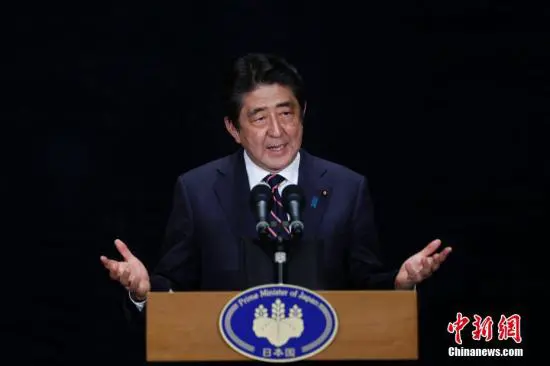The theme of the 2015 Boao Forum for Asia (BFA) reflected Chinese President Xi Jinping's idea of community of common destiny, which is a "creative philosophy" to encourage Asian countries to promote cooperation, said a former Thai deputy prime minister.
"The theme of the Boao Asian Forum reflects Chinese President Xi Jinping's idea of community of common destiny, which is not only a timely definition, but also a creative philosophy to encourage Asian countries to adopt a common perspective of our future, to pursue cooperation for peace and well-being of Asian people," Surakiart Sathirathai told Xinhua in an exclusive interview, ahead of his departure for the annual conference.
The BFA will be held on March 26-29 under the theme of Asia's New Future: Toward a Community of Common Destiny.
Surakiart is one of the three speakers who were invited to give speech at the BFA welcoming dinner. The topic of his speech is "Moving Toward East Asian Economy Community."
He said China's Belt and Road initiatives will expand regional economic partnership and lead to progressive cooperation between ASEAN and ASEAN plus three.
The initiatives are creative, and China's intention is to help Asia's developing regions to have good opportunities to connect with the more developed areas, said Surakiart, who, on the other hand, suggested China do more explanation and engage in better communication with other countries.
"The Belt and Road, the Asian Infrastructure Investment Bank (AIIB), the Free Trade Area of the Asia-Pacific (FTAAP) ... It's a good thing that so many initiatives have come out so quickly, but not all of the neighboring countries' people can understand fully or quickly," he added.
As head of the Saranrom Institute of Foreign Affairs, Surakiart has been working with his Chinese counterpart to create more understanding between China and Thailand, and other ASEAN countries.
As for the ongoing Sino-Thailand railway project negotiation, Surakiart advised both two governments to do more to inform two peoples that the project cooperation will be a part of regional connectivity, and the majority of Thai people will benefit from the road linkage.
"Thailand fully supports the AIIB initiative offered by China, what's more important is, as a bridge between the east and the west, between new members and old members of ASEAN, Thailand's support will set an example for other Asian countries," he said.
He also expressed optimism that Washington might eventually change its attitude towards the AIIB.
The AIIB could come out to meet the enormous need of Asian countries' infrastructure development, to fill the gap which the World Bank, the Asian Development Bank couldn't do, Surakiart said, adding that, instead of a competition, the AIIB will be a complement to other banks.
He stressed that China's proposal on the common destiny of the Asian community has already been shared by many Asian countries, which is conducive to enhancing the well-being of the Asian people and cooperation for a peaceful Asia.
"We were divided by various wars, by ethnic groups, by different systems of government. We were even divided by names. Some parts of Asia were called Far East, which was a perspective from the United Kingdom, from the old times. Now we need to sit in Asia, observe Asia in our own perspective, and pursue our common destiny and common future," he said.
"The BAF is telling the Asian people that it's time for us to forget problems in the past and it's time for us to work together," Surakiart added.
 简体中文
简体中文




